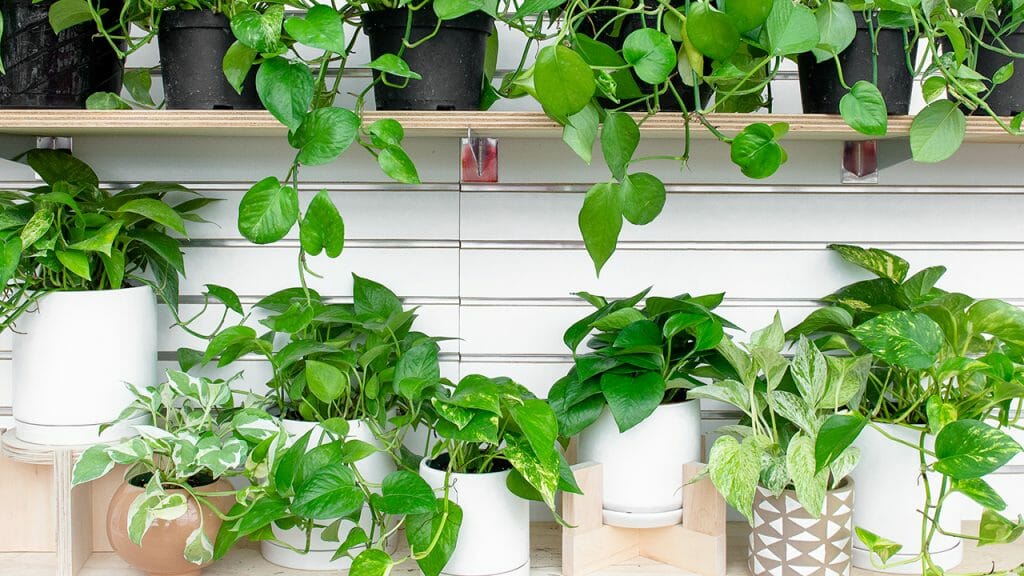Maintaining a garden can be tough, particularly if you’re taking care of different types of plants simultaneously. You have to be mindful of the nourishment they need to grow beautifully. This includes considering the kind of water you use. Now, is Kangen Water good for your plants?
So, is Kangen water good for plants? Yes, it is! It has a high pH level which can be beneficial for most plants. It can help reduce root rot and improve the plant’s overall health. In addition, it can increase the availability of certain nutrients in the soil and help to support plant growth.
Read on to learn about Kangen Water and its effect on your plants.
The Benefits of Kangen Water on Plants
Possessing a higher pH, Kangen water can help promote healthy growth and encourage the absorption of nutrients in your plants. The higher pH can also help balance the pH of the soil, creating a better environment for the plant to grow in.
Additionally, the increased alkalinity can help reduce the acidity of the soil, which can also be beneficial for plant growth. You may also need less amount of fertilizer to keep your plants healthy.
As you probably already know, using too much fertilizer on plants can cause damage to the roots, leaves, and stems of the plant. Excessive use of fertilizers can also cause the plant to become over-fertilized, leading to nutrient deficiencies.
Over-fertilization can also lead to pollution of nearby water sources as the excess fertilizer washes away. With less fertilizer, you’re also reducing the cost of maintaining your garden.
Which Plants Like Alkaline Water?
Now that you know what Kangen Water does to plants, you might be wondering which plants prefer alkaline water.
Take a look at the list below:
- Geranium
- Mushroom
- Cauliflower
- Beets
- Asparagus
- Hydrangeas
- Irises
- Parsley
- Carrots
How to Use Kangen Water for Plants
Here are some tips on how to use Kangen water for plants:
1. Dilute the Kangen water. Before applying it to plants, dilute the Kangen water to a pH level of 6-7, which is the ideal pH for most plants. To do this, mix one-part Kangen water with one part purified water. Take note that this step doesn’t apply to all types of plants. There are plants that prefer water with a higher pH level as mentioned above.
2. Water the plants with diluted Kangen water. This will help to provide the plants with the necessary alkalinity to help them take up essential minerals from the soil and absorb nutrients more effectively.
3. Test the pH level. Before applying to plants, test the diluted Kangen water’s pH level to ensure it is within the ideal range. If it is too high or low, adjust the dilution ratio accordingly.
4. Apply the Kangen water once a week. To ensure that the plants receive the highest quality Kangen water, it is best to apply it once a week.
Frequently Asked Questions:
What Are The Disadvantages of Kangen Water?
Although Kangen Water offers many benefits for your plants, it still has its own downsides.
For one, you have to consider the cost. Kangen water is more expensive than regular tap water since you have to think about the cost of maintaining it and replacing the filters.
Another downside is its unbalanced pH. Kangen water has an alkaline pH, which can be too high for some plants. If you’re going to use it, you have to make sure that all your plants like alkaline water.
Additionally, it can be difficult to measure the pH and mineral content of Kangen water. This can make it difficult to ensure that your plants are getting the right balance.
Do Plants Grow Faster With Alkaline Water?
Some plants may respond positively to alkaline water, but there is no definitive answer as to whether or not they will grow faster with it. Different plants have different needs, and alkaline water may benefit some more than others.
Conclusion
So, is Kangen Water good for plants?
In general, the answer is yes. It is rich in antioxidants and other nutrients that can help promote healthy growth and development in plants. Additionally, Kangen Water has a pH level of 8.5 to 9.5, which is optimal for plant growth.
However, if you decide to use it in maintaining your garden, you have to ensure that the plants there are alkaline-loving plants. Otherwise, the high pH level of the water can end up damaging them.



